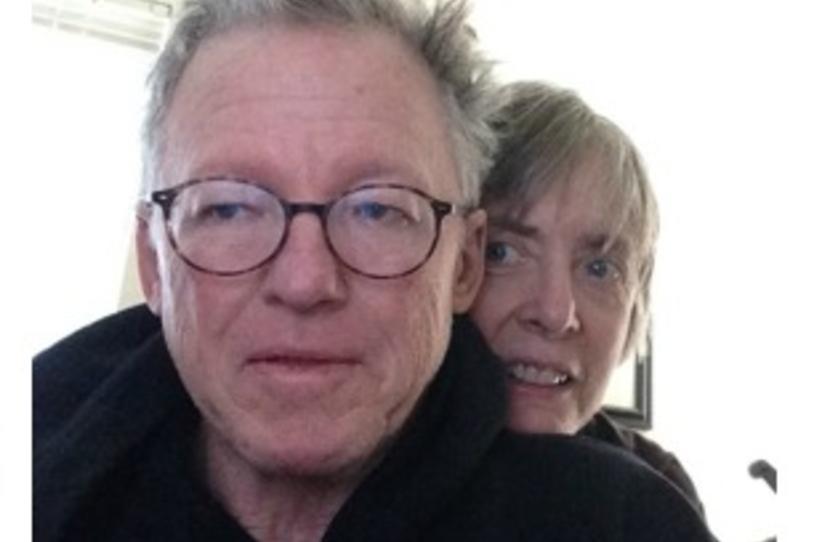
On Tuesday, February 28, over 200 Parkinson's disease (PD) advocates are conducting meetings on Capitol Hill to raise awareness of the disease and educate lawmakers on the needs of the community. In this blog, life-long advocates Greg and AJ Wasson, husband and wife who both are living with Parkinson's, share how people with PD can influence public policy from their own homes.
In our experience, most people with Parkinson's become "missing persons" as their disease advances. Although it's hard to admit, when you stop seeing the guy you usually run into at community events, you often don't think much about it. You assume you'll see him at the next meeting. But you might not.
Of course, the "disappeared" haven't disappeared. They've simply lost the physical ability to be advocates in the commonly accepted ways. Their voices may have caved in and they can't speak above a whisper. They can no longer drive safely, and rides to meetings can't be guaranteed. Just being able to use a walker to get to a car can be a challenge.
Many of you know the feeling. Sometimes your meds take a coffee break, your balance is gone, and you're so rigid or tremulous you can barely move. Your meds will eventually kick in again, but will it be in five minutes or five hours? You have no way to tell. You've become "undependable." And for many things involving advocacy, you are undependable, because standard advocacy techniques use methods designed by and for the able-bodied.
We know there are many people who, if given the chance and the proper assistive tools, would speak up for the Parkinson's community. Perhaps they can't visit their lawmaker's office, but they can Skype, send their member of Congress a video or audio file, or otherwise take advantage of technology to speak their mind. These communications are critical to helping elected officials understand how their actions affect people with PD.
One year, we were discussing public policy with a support group in California. AJ was sharing ways to advocate for Parkinson's research when we heard a barely audible voice from the back. AJ stopped and asked the person who spoke to repeat herself. She was a woman in the advanced stages of the disease, in a wheelchair and bent over almost double, with a voice so soft and muffled it took four tries to understand what she was saying. What we eventually heard her say was "I can do that." It was an inspiration to everyone in the room.
Each person with Parkinson's has value to add, and each story has the potential to influence public policy. You can make a difference, perhaps in ways you never before considered.
Join us in making your voice heard by contacting your members of Congress today.